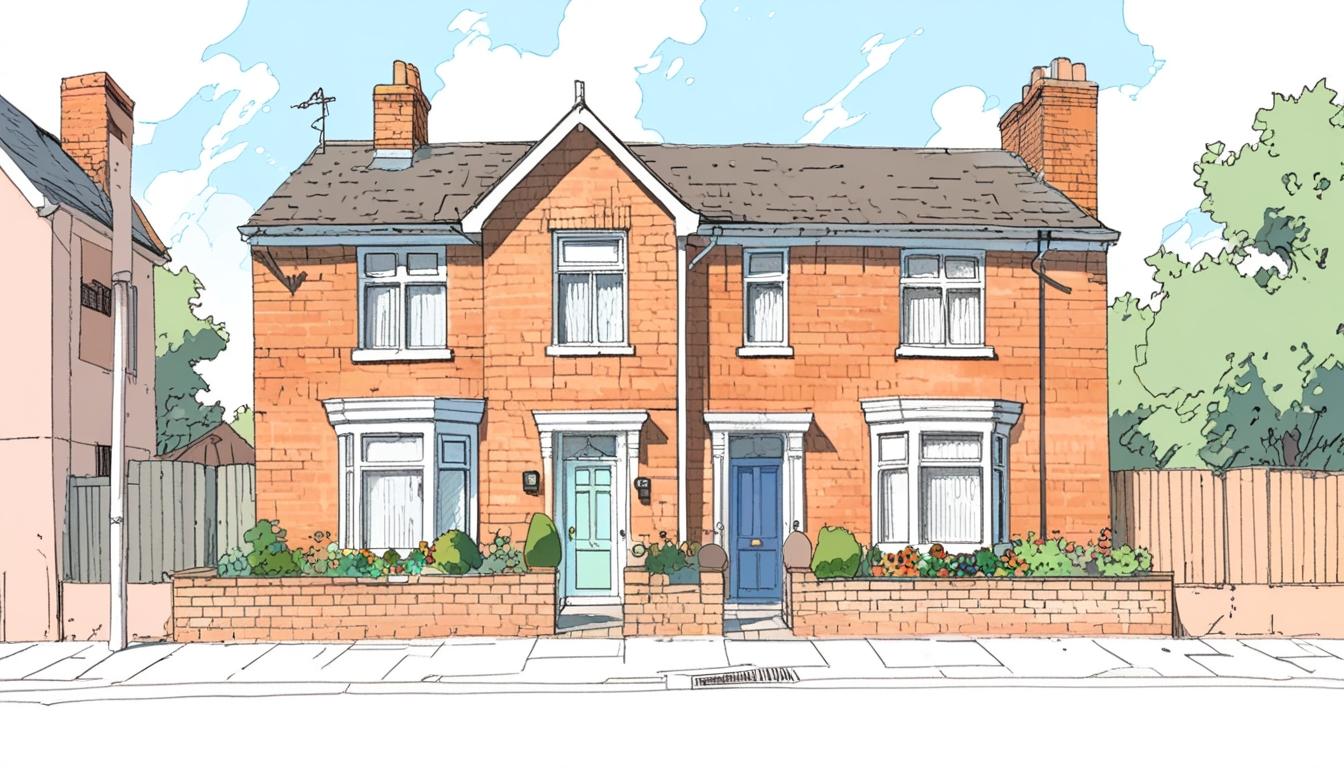The debate surrounding the UK’s housing crisis has gained significant traction, centring on issues of affordability, a lack of available properties, and generational disparities in housing wealth. Recent estimates from property firm Savills indicate that homeowners aged 60 and above hold more than half of the UK’s £2.89 trillion in owner-occupied property wealth, while those under the age of 35 command a mere 6 per cent.
Several factors have been identified as contributors to this imbalance. Critics argue that low levels of social housing availability, speculative buying practices, and tax incentives that predominantly benefit older homeowners and landlords have exacerbated rising house prices, thereby increasing insecurity for younger generations.
In a recent survey of public opinion on whether older homeowners should be encouraged to downsize, 55 per cent of respondents supported the idea, suggesting that stronger incentives for downsizing are necessary. Conversely, 45 per cent expressed the view that it is their right to remain in their homes. These differing perspectives reflect the complexities of the issue, as many respondents shared insights based on personal experiences.
Some highlighted the financial barriers that discourage older homeowners from downsizing. For instance, stamp duty, which can be prohibitively high, has been cited by multiple homeowners as a key deterrent to relocating. One reader remarked, “Stamp duty is the barrier to downsizing. To downsize would cost me tens of thousands in stamp duty, so I sit where I am in a large family house."
The discussion has also ventured into proposals for incentivising downsizing among the older population. Suggestions have included introducing tax breaks for those who choose to move to retirement properties, streamlining the moving process, and developing government-backed investment bonds designed to ease financial strain and succession planning concerns.
There have also been calls for a substantial increase in the availability of public housing, with some arguing that it is crucial to ensure that affordable options are accessible to all demographics. However, there is a contrasting viewpoint held by many older homeowners, who express reluctance to downsize while their children face financial instability in the rental market. One contributor noted, "One of the reasons I am not inclined to move out of the family home is that my two twenty-something kids are not yet established in their own."
Concerns regarding the quality and suitability of retirement properties were echoed in several responses. Many older individuals expressed scepticism about moving into what they perceive as inadequate accommodation, citing issues like high service charges and poor design. The sentiment that retirement flats often lack desirable features cultivated a sense of dissatisfaction amongst potential movers.
The complexities of homeownership and the varying attitudes towards declining housing stock are also evident in ongoing discussions about taxation. Topics such as aggressive taxation on multiple property ownership and reforming capital gains tax have surfaced as potential strategies to address the crisis. One respondent asserted, “Aggressive taxation on multi-property owners, especially overseas owners,” while another argued for "rent capped to inflation" as a necessary measure to support affordability.
As the conversation continues to evolve, the dynamics at play illustrate the urgent need for comprehensive solutions to address the multifaceted housing crisis in the UK. A range of opinions—from calls for more public housing to incentives for older homeowners—highlight the complicated balance between economic policy, social equity, and individual choice. The Independent reported on these discussions, capturing the sentiments and proposals that reflect the varying stakes involved in the ongoing housing debate.
Source: Noah Wire Services
